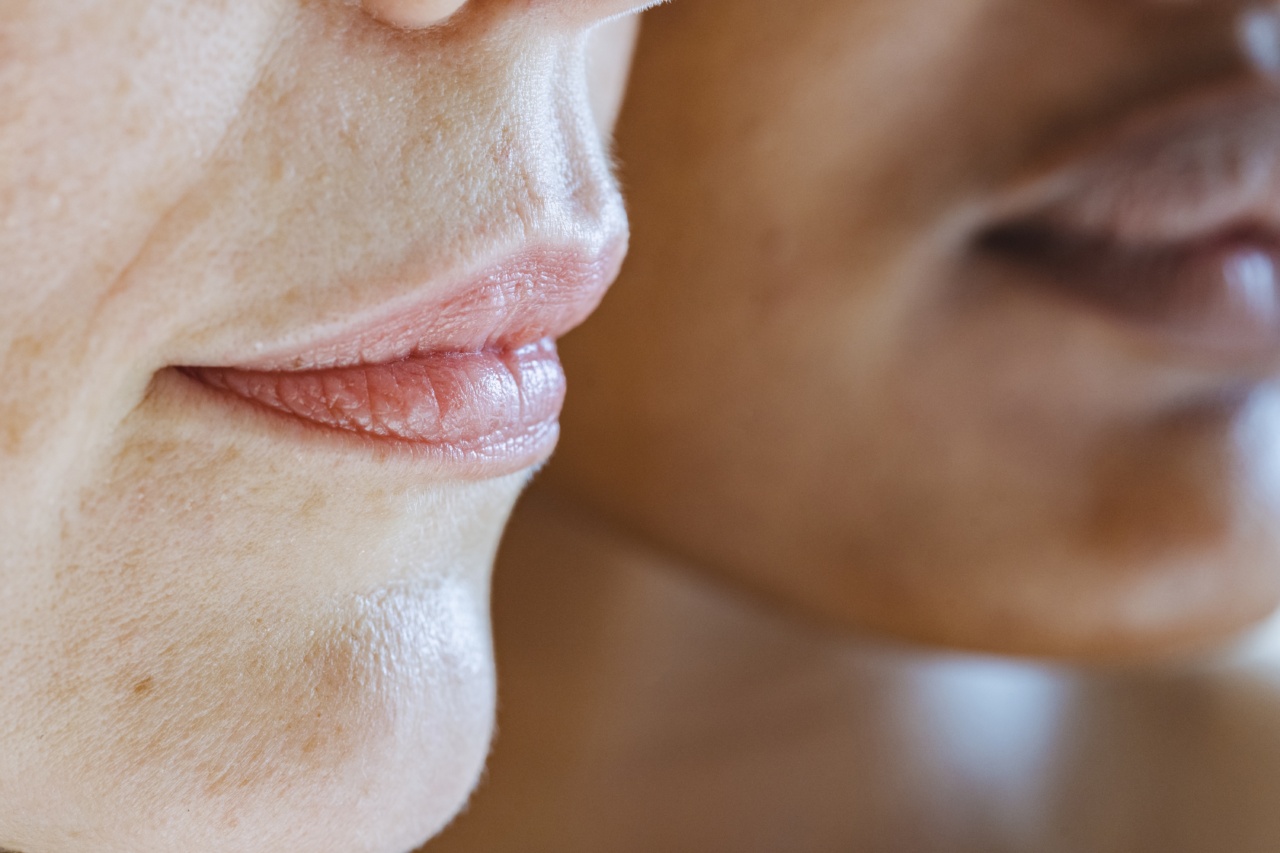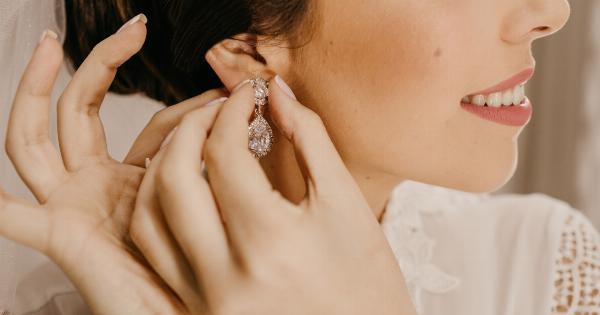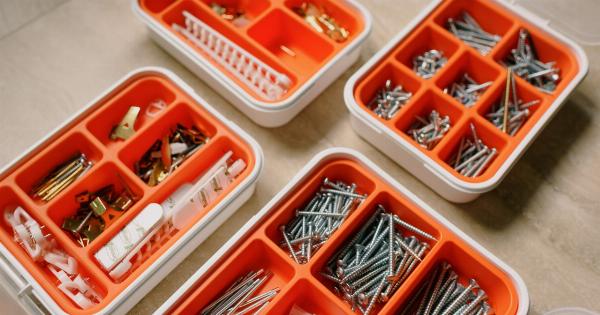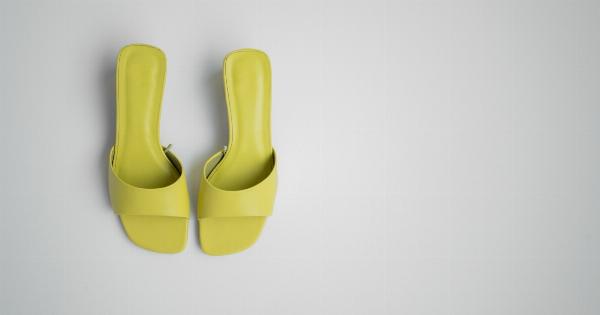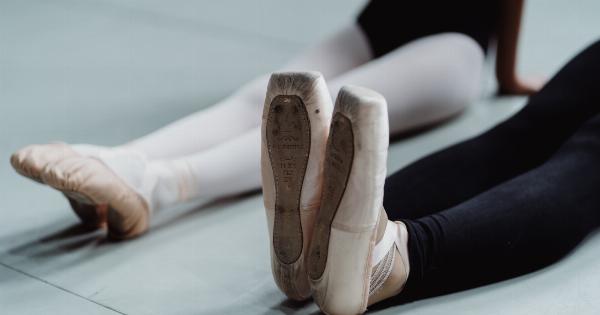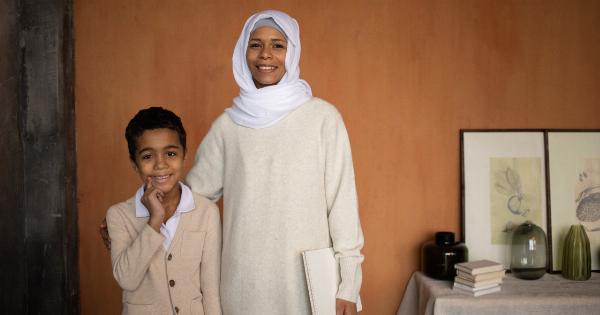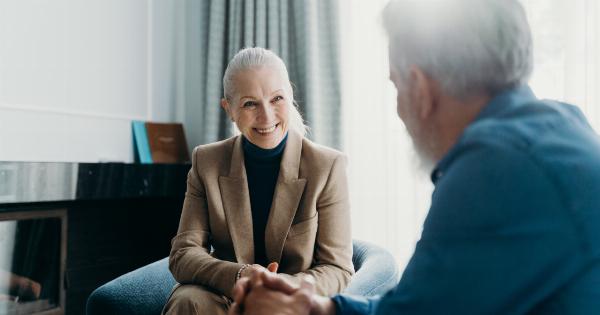Our physical appearance plays a significant role in shaping our self-esteem and overall sense of self-worth. One particular aspect of our appearance that often receives a great deal of attention is our facial features.
From a young age, we are bombarded with images of beauty standards that dictate what is considered attractive or unattractive in terms of facial features. These societal ideals can have a profound impact on how we perceive ourselves and, consequently, our self-esteem.
The Link Between Facial Features and Self-Esteem
Research has shown that there is a strong association between facial features and self-esteem.
Numerous studies have explored the impact of perceived attractiveness on an individual’s sense of self-worth, highlighting the profound influence facial features can have on our overall mental well-being.
One study conducted by Professor Nicolas Guéguen from the University of Southern Brittany in France involved assessing the relationship between facial attractiveness and self-esteem.
The research found that individuals with more attractive facial features reported higher levels of self-esteem compared to those with less attractive features. This finding suggests that societal beauty standards, which often prioritize certain facial characteristics, can shape our perception of self-worth and influence our overall confidence.
It is important to note that societal beauty standards and the impact they have on our self-esteem are not fixed or universal. These standards vary across cultures and can change over time.
What is considered attractive today may not have been deemed attractive in the past, and vice versa. Despite these variations, the influence of facial features on self-esteem remains significant.
The Role of Media in Shaping Beauty Ideals
One of the primary contributors to the influence of facial features on self-esteem is the media.
Through advertisements, films, television shows, and social media, the media bombards us with carefully crafted images of beauty that often reinforce narrow beauty ideals. These images typically depict individuals with symmetrical features, smooth skin, and other features that align with society’s perception of attractiveness.
Constant exposure to these idealized images can lead to a negative impact on individuals’ self-esteem, especially when their own facial features do not align with these standards.
The relentless comparison with airbrushed models and celebrities can create unrealistic expectations and a sense of inadequacy, damaging self-esteem in the process.
While the media plays a significant role in shaping these beauty ideals, it is important to remember that these ideals are not attainable for most people.
Airbrushing, cosmetic enhancements, and the use of professional makeup artists are common practices behind the scenes of most media representations of beauty. Recognizing and acknowledging these tactics can help individuals develop a more realistic and compassionate view of their own facial features.
The Impact of Facial Features on Self-Image
Facial features can strongly influence our self-image, affecting how we perceive ourselves and how we believe others perceive us.
Society’s emphasis on certain facial characteristics as markers of beauty and attractiveness can create feelings of self-consciousness and even shame for those who do not naturally possess these features.
Individuals who feel that their facial features deviate from societal expectations may develop low self-esteem and a negative body image.
This can lead to a multitude of emotional and psychological issues, including anxiety, depression, and a lack of self-confidence.
However, it is vital to remember that beauty is subjective and lies in the eye of the beholder. What one person finds attractive, another may not.
Realizing that everyone has unique and individualized preferences when it comes to facial features can help individuals embrace and celebrate their own unique appearances, thereby improving their self-esteem and overall well-being.
The Importance of Self-Acceptance and Body Positivity
Developing self-acceptance and embracing one’s unique facial features is crucial in building healthy self-esteem.
While societal beauty ideals may continue to influence our perceptions, it is essential to recognize that these ideals are subjective and evolve over time.
Engaging in practices that promote self-acceptance and body positivity can help individuals build resilience against the negative impact of societal standards.
Surrounding oneself with a supportive and inclusive community, practicing self-care, and focusing on inner qualities and achievements rather than external appearances are all useful strategies in improving self-esteem.
In conclusion, facial features can significantly impact our self-esteem due to societal beauty standards and the media’s role in shaping these ideals.
However, it is crucial to remember that beauty is subjective, and everyone’s perception differs. Developing self-acceptance and embracing one’s unique facial features are key factors in building healthy self-esteem and maintaining a positive body image.
